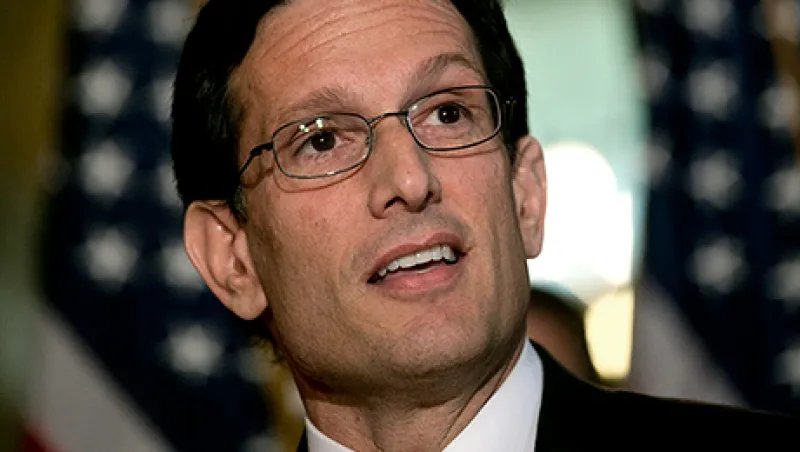
Eric Cantor’s Primary Disaster Spells Trouble for the GOP
As Republicans head into election season, Eric Cantor’s recent defeat highlights the risks of courting Wall Street and Main Street.
Imogen Rose-Smith
June 26, 2014


